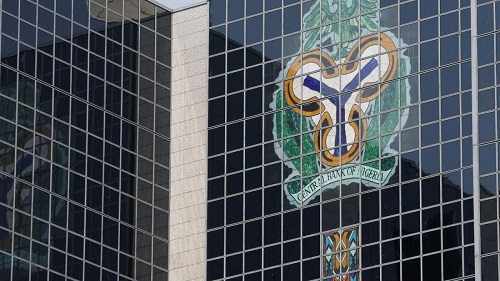This post has already been read 1035 times!
The recent decision by the Central Bank of Nigeria (CBN) to further float the Naira in the foreign exchange market has sparked mixed concerns in the country’s economic sector. This move is similar to the Naira liberalization policy implemented by the CBN eight months ago, which aimed to price and trade the currency transparently.
Initially, the policy was met with resistance, causing the Naira to plummet to N1,500 per US dollar before gradually stabilizing at N1,419.86. The CBN also introduced several policy interventions in January to boost the supply of US dollars and stabilize the Naira, including financial market price transparency and the removal of the allowable limit of exchange rates quoted by international money transfer operators.
As a result, the supply of US dollars surged at the official foreign exchange market, rising by 180.59% to $440.13 million. However, some experts have raised concerns over the impact of these policies on the Nigerian economy. Muda Yusuf, the Director of the Centre for the Promotion of Private Enterprise, called for a reversal of the import duty exchange rate, arguing that it would further impoverish Nigerians who heavily rely on imported goods.
On the other hand, Mazi Okechukwu Unegbu, a former president of the Chartered Institute of Bankers of Nigeria, supported the CBN’s interventions to stabilize the Naira. He argued that the Naira is undervalued and that the recent policies aim to strengthen it. Unegbu suggested that Nigerians should endure the pain and avoid foreign goods and services, relying more on local production and agriculture.
The CEO of SD & D Capital Management, Mr. Idakolo Gbolade, viewed the recent measures by the CBN as an attempt to devalue the Naira against foreign currencies. However, he emphasized the need for proper implementation and a critical examination of the policies to achieve the desired results. He also urged the CBN to consider other measures to reduce the demand pressure on foreign currency.
Prof. Godwin Oyedokun, an academic at the Lead City University in Ibadan, highlighted the main issues contributing to the foreign exchange problem in Nigeria, including falling oil prices, overdependence on imports, and a decline in foreign investment and reserves. To address this problem, Oyedokun suggested diversifying the economy, encouraging foreign investment, promoting export-oriented industries, enhancing forex reserves, practising fiscal discipline, improving transparency and accountability, and strengthening regional trade.
By implementing these solutions, Nigeria can overcome its foreign exchange problem and create a more stable and sustainable economic environment. However, there is a need for careful consideration and proper implementation of these policies to achieve the desired results.



